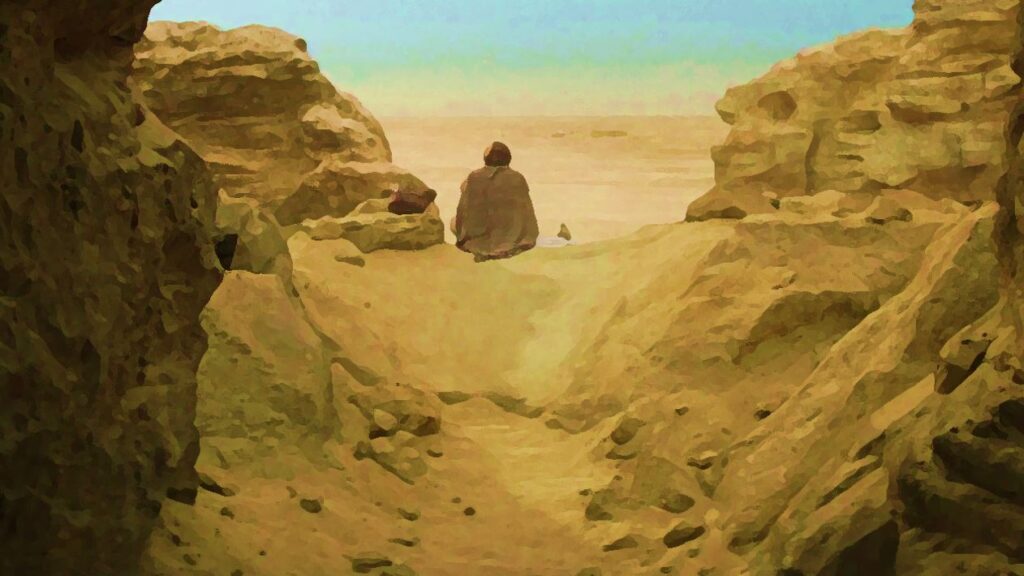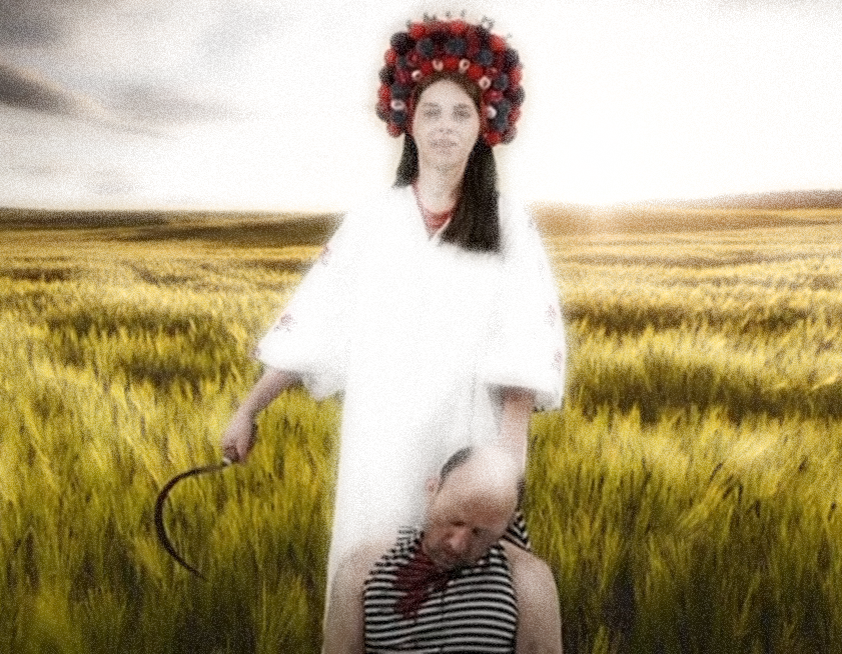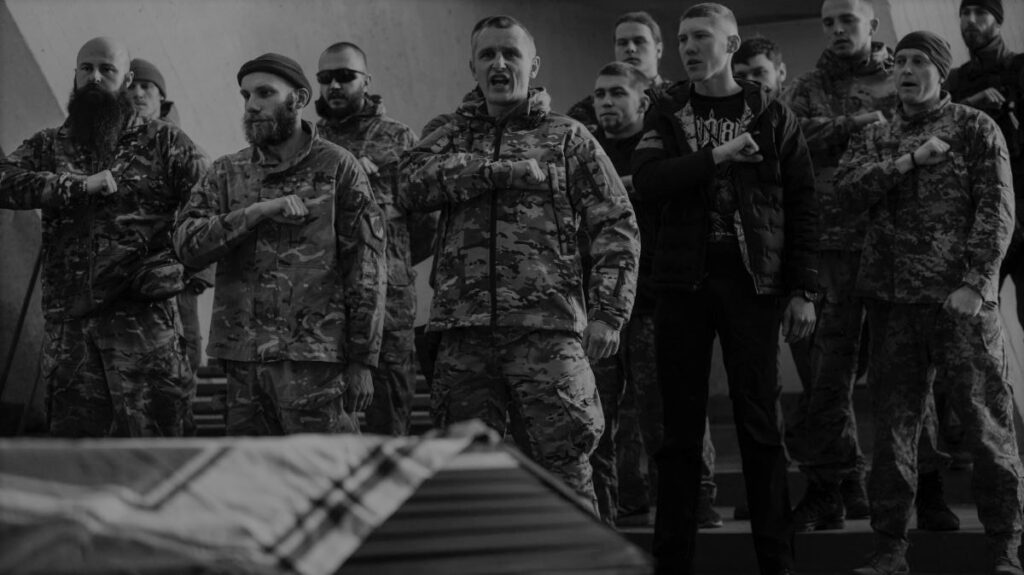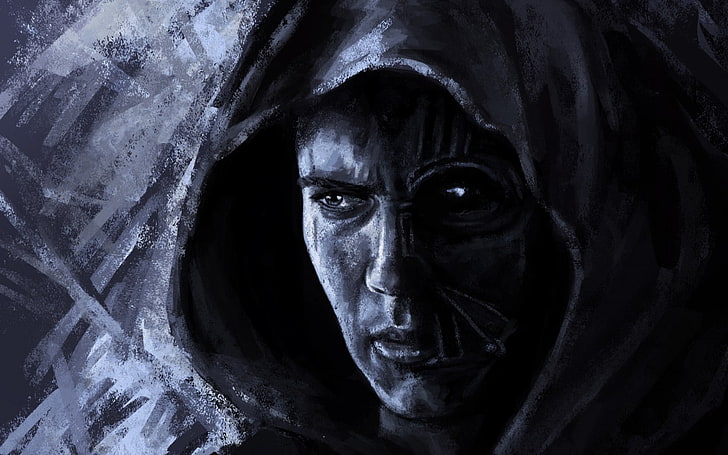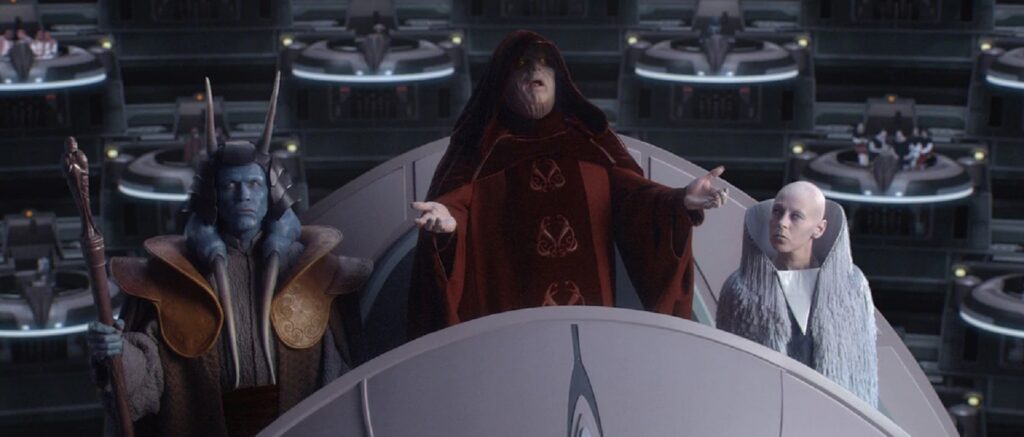“The story being told in ‘Star Wars’ is a classic one. Every few hundred years, the story is retold because we have a tendency to do the same things over and over again. Power corrupts, and when you’re in charge, you start doing things that you think are right, but they’re actually not.” – George Lucas
“You told me there’s a bar here” – Larry Kenobi
Every person has a story. Every story is unique. Everyone intuitively recognizes the importance of stories in their lives. We seek to share our story and learn the stories of others because it defines who we are in the shared experience called life.
Humanity is made up of innumerable individual stories woven together into the tapestry of human experience. Some of those stories become timeless myths which serve to communicate who we are and where we are going. Stories that let us appreciate the past, understand the present and predict the future. They provide us with a cultural identity and a chart with which to navigate our lives.
“I’ve come to the conclusion that mythology is really a form of archaeological psychology. Mythology gives you a sense of what a people believes, what they fear.” – George Lucas
Every time we read a novel or comic book, watch a movie or a play or listen to someone telling a story we are experiencing something that has been part of the human experience for hundreds of thousands of years, the sharing of stories. It is a sacred ritual passed down to us from the oral traditions of our ancestors.
Sharing personal stories is a fundamental part of the 12 Step movement and other group therapies that draw out an individuals experience so that others can identify, and the person sharing can heal. This works when stories are told with honesty, conviction and sincerity. People can easily spot a disingenuous, insincere or contrived story from afar. It is not hard because since we were children we listened to stories and learned to recognise the difference. We intuitively know when someone is being authentic or not.
“A special effect is a tool, a means of telling a story. A special effect without a story is a pretty boring thing” – George Lucas.
There are also the stories that you tell yourself. Sometimes we can fool ourselves into believing a version of events that no one else would believe. The mind can play tricks and fabricate a story that we want to believe rather than know is true. For obvious reasons, this trap is dangerous for addicts and alcoholics. Sharing in a 12 Step meeting to complete strangers and making inventory reminds us that authenticity, honesty and sincerity is key to sobriety.
Star Wars is a story comprised of many smaller stories. Each story represents a fragment of the entire picture that is creative in nature and poetic in design. The story flows from one source and splits into many branches of a continuously growing and expanding mythology. Of this mythology, most people would only be familiar with the main titles of movies and books. Those that are familiar with the Skywalker saga know that story. Lucas did his best to keep Star Wars authentic. It was his life work after all and his vision.
“Storytelling is about two things; it’s about character and plot.” – George Lucas
In the past Star Wars was written and presented with the story and the audience in mind. The authenticity of the story was what was captivating about the Star Wars franchise. The story took us to another time and universe allowing us the suspension of disbelief because we trusted the ride and took faith in the journey because it was authentic. People enjoyed the story because it was genuine, sincere and honest as well as entertaining. Once any of those crucial elements are removed, the story loses its authenticity and begins to unravel as it did with the “Kenobi” series.
“Kenobi” was not authentic as a story because it was not about the Jedi Master. The story was not genuine, sincere or honest because it failed to respect the lore. The mythology of Kenobi was upturned if not ruined. The plot was pointless and had no meaning or point. Characters were contrived and had weak development. No inspiration could be gained from either plot or characters and therefore nothing could be learned or added to the Star Wars universe. Parts of “Kenobi” were entertaining or nostalgic such as the return of Ewan McGregor and Hayden Christensen but it was a missed opportunity and failed to do the legendary Obi-Wan Kenobi justice.
“I am simply trying to struggle through life; trying to do God’s bidding.” – George Lucas
I know my story. Mine is a story of a deeply flawed individual that arrested his decline to mental and spiritual oblivion and struggles daily to live by principle. It is no fairy tale or Hero’s Journey. My story is not one I can be proud of, but it is authentic. By being authentic it has meaning, it keeps me sober, and the experience can serve as a lesson to others. That’s why Star Wars serves as an inspiration on this journey.
“Kenobi” reminded me how important mythology is. Myths and Hero’s provide examples and direction in living meaningful and virtuous lives. We draw inspiration from the heroic archetypes as role models and mentors. The story teaches universal truths in an authentic way. When the story unravels so does the message and that is a grave loss especially when it carries the name “Kenobi”. The power of the myth wanes and disappears soon to be forgotten and wiped from the collective memory.
“Star Wars’ is fun, its exciting, its inspirational, and people respond to that. It’s what they want.” – George Lucas
And… here is a story about an alcoholic named Larry.

